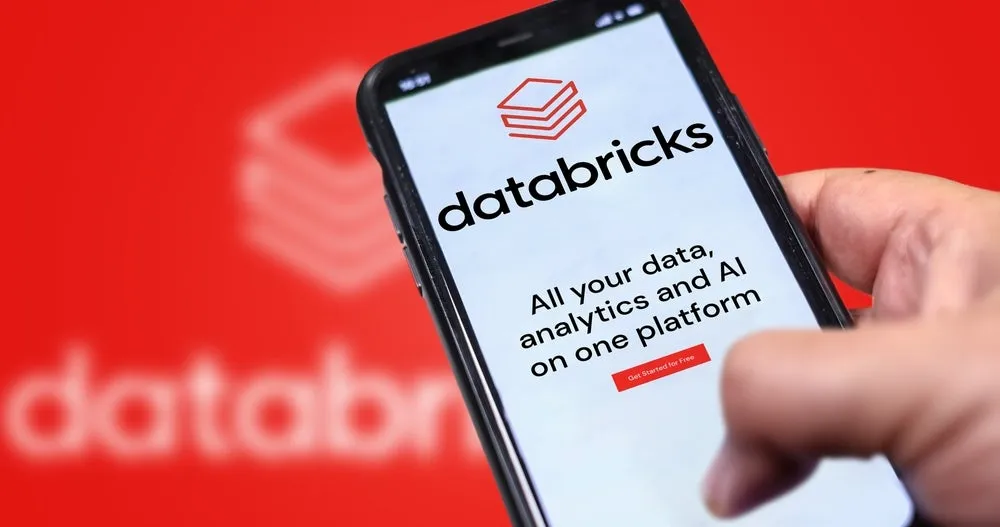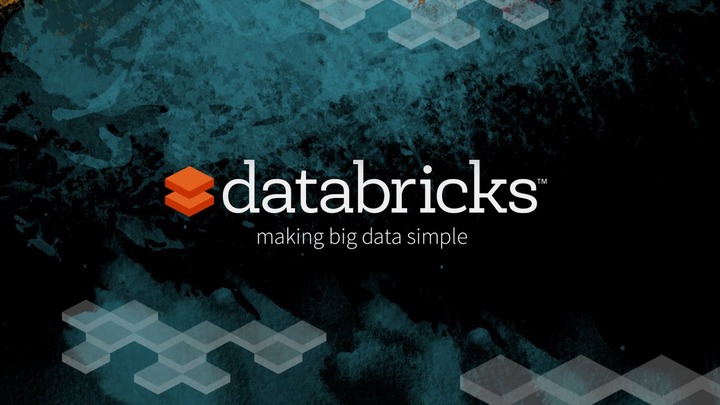Databricks Clinches $43 Billion Valuation, Plans More AI Tools
Databricks Inc., a leading software provider in the field of data and analytics, has secured a staggering $500 million in new funding, skyrocketing the company’s valuation to a remarkable $43 billion.

This significant funding round, led by T. Rowe Price and featuring participation from strategic investors Nvidia Corp. and Capital One Financial Corp., underscores Databricks’ unwavering commitment to advancing AI tools. Databricks’ CEO, Ali Ghodsi, expressed his enthusiasm for the strategic partnership with Nvidia, saying, “We’re very excited about this strategic partnership with Nvidia to build custom large language models.” These models are in high demand by corporations eager to harness their capabilities to work with vast data sets and respond to human-phrased queries effectively. Ghodsi added, “This investment lets us double down on our generative AI strategy.”
The company’s strategic shift towards AI is evident, as it has been actively developing its own large language model, which can be utilized by businesses to create their own AI-powered conversational agents, similar to ChatGPT. Nvidia, under the leadership of CEO Jensen Huang, has been a proponent of expanding the application of AI into new markets. The chipmaker has been investing in developing both hardware and software solutions to facilitate the integration of AI into various industries, potentially expediting the adoption of innovative products and services.
In this latest funding round, each share of Databricks is valued at $73.50, a noteworthy achievement that maintains the company’s valuation since its last funding round two years ago, after adjusting for a stock split.
While Databricks has been increasingly perceived as a strong candidate for an initial public offering (IPO), CEO Ali Ghodsi has clarified that there is no specific timeline in mind. Ghodsi’s focus remains firmly on the company’s growth, both organically and through acquisitions. In June, Databricks announced the closure of its $1.3 billion acquisition of Mosaic ML, further solidifying its presence in the AI landscape.
Also Read: Softbank-backed Arm raises $4.87 billion at $51 per share in biggest IPO of 2023
In a press release, Databricks disclosed that it is on track to achieve an annual revenue of $1.5 billion, marking an impressive 50% increase from the previous year. The company boasts a customer base exceeding 10,000 clients, with over 300 of them projected to invest upwards of $1 million annually.
Databricks’ dedication to advancing AI tools and its substantial valuation reflects the growing significance of AI in the tech industry. With this latest funding injection, Databricks is poised to continue shaping the future of AI-driven data and analytics solutions, cementing its status as a key player in this rapidly evolving field. While an IPO remains a possibility, for now, Databricks is content to concentrate on expanding its horizons and pushing the boundaries of AI innovation.

I am a law graduate from NLU Lucknow. I have a flair for creative writing and hence in my free time work as a freelance content writer.
